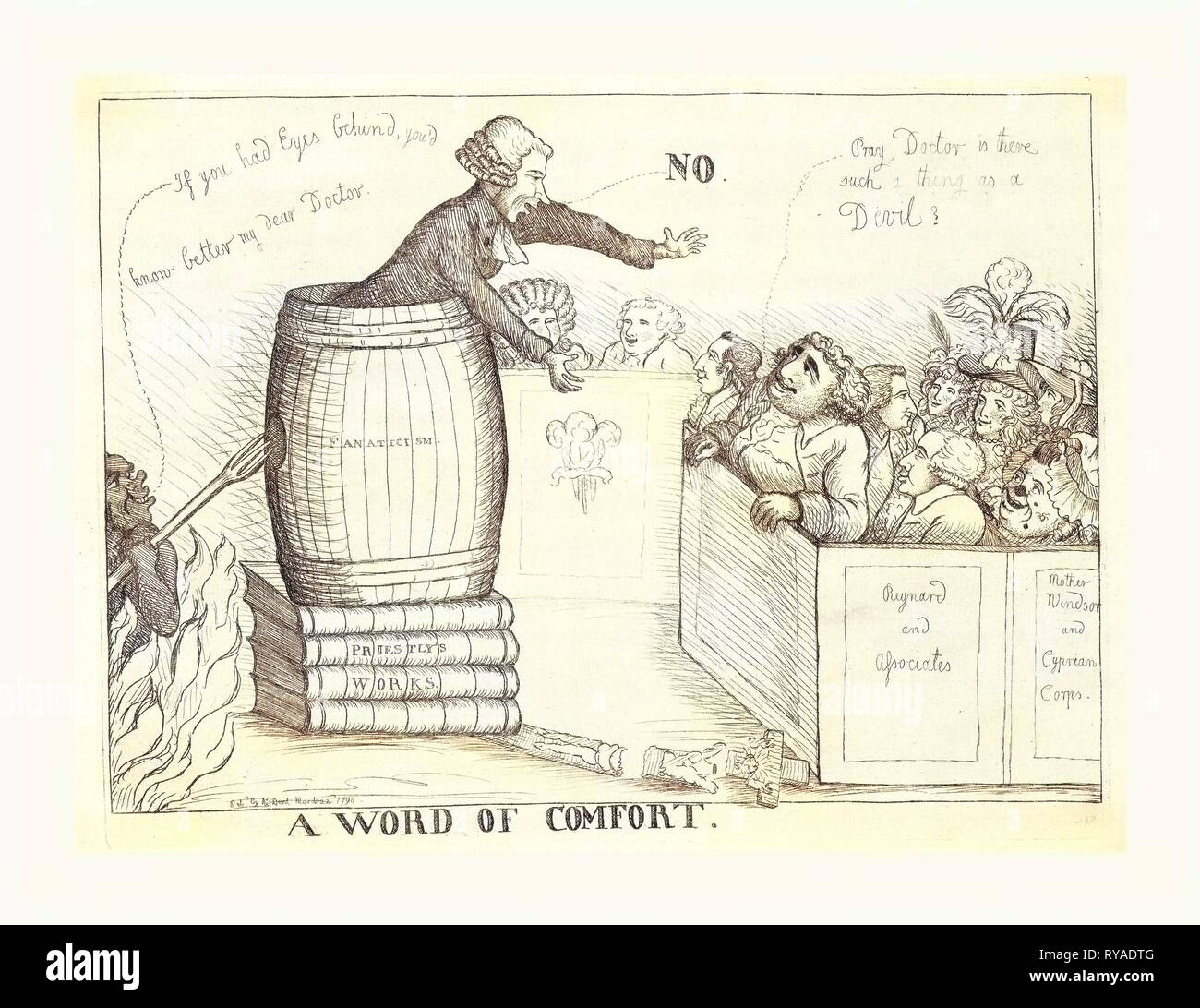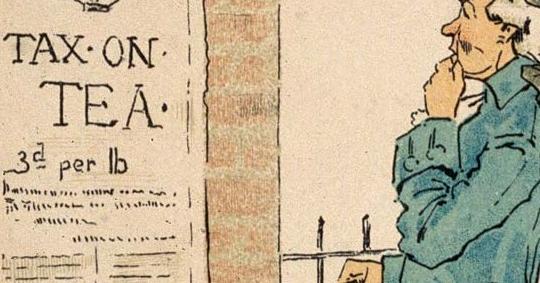Just to get some extra money off of their citizens. The Revenue Act of 1767 the Indemnity Act 1767 the Commissioners of Customs Act 1767 the Vice Admiralty Court Act 1768 and the New York Restraining Act 1767.
 Townshend Acts High Resolution Stock Photography And Images Alamy
Townshend Acts High Resolution Stock Photography And Images Alamy
The act was named after the Chancellor of Exchequer Charles Townshend who drafted the proposal.

Townshend acts of 1767. The Townshend Act was imposed on the colonists in the summer of 1767 to replace the Stamp Act. And be it further enacted by the authority aforesaid That if any action or suit shall be commenced either in Great Britain or America against any person or persons for any thing done in pursuance of this act the defendant or defendants in such action or suit may plead the general issue and give this act and the special matter in evidence at any trial to be had thereupon. But Burke was only.
The taxes that were imposed by the Townshend Acts of 1767 were important because they helped to reignite anger in the colonies against England. They were imposed as the external taxes that Franklin had said would meet less opposition but they were still opposed. The Townshend Acts were a string of laws that passed at the onset of 1767 by the Parliament of Great Britain that relates to the British colonies of North America.
They were composed of the Suspending Act the Townshend duties Revenue Act the act that created the Board of the Customs Commissioners and the Indemnity Act. The Townshend Acts taxed the colonists on British imports like tea paint paper lead and glass. The Townshend Acts that caused so much trouble in 1767 proposed imposts on glass paper pasteboard painters supplies and tea.
And that the same was done in. And that the same was done in pursuance and by the authority of this act. Townshend Acts series of four acts passed by the British Parliament in 1767 in an attempt to exert authority over the American colonies.
With the repeal of the Stamp Act money is needed for defraying the expenses of. They bear the name of Charles Townshend Chancellor of the Exchequer who isas the chief treasurer of the British Empirein charge of economic and financial matters. On 29 June 1767 Parliament passes the Townshend Acts.
Five acts are often mentioned. The purpose of the Townshend Acts was to raise revenue in the colonies to pay the salaries of governors and judges so that they would remain. The Townshend Acts of 1767 One year after the repeal of the Stamp Act King George III and Parliament attempted to tax the colonists again when they passed the Townshend Acts of 1767.
The Townshend Acts of 1767 - King George III Announcement. Chaffin T4 -E was truly the child of the House Edmund Burke recalled of Charles Townshend in I7741 He never thought did or said anything but with a view to the House of Commons. And be it further enacted by the authority aforesaid That if any action or suit shall be commenced against any person or persons for any thing done in pursuance of this act the defendant or defendants in any such action or suit may plead the general issue and give this act and the special matter in evidence at any trial to be had thereupon.
The Townshend Acts of 1767 Robert J. Throughout the colonies but not in Great Britain. These acts which imposed duties taxes on numerous items such as paper glass and tea enraged the colonist and were one of the major events leading to the American Revolutionary War.
Introduction - Townshend Acts In 1767 Great Britain passed a series of acts which imposed taxation on the British colonies located in North America. The Townshend Acts required the colonists to pay taxes on imported items such as lead paint paper glass and tea. The Townshend Acts of 1767 - King George III Announcement - YouTube.
ads
